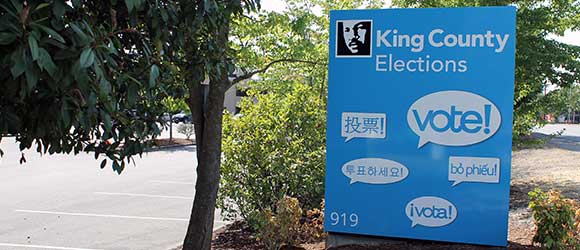
Earlier this month I wrote a reflection regarding the Black Lives Matter movement and how many white liberals have engaged in their so-called “activism.” Curious what a right-of-center/libertarian person of color thinks about this moment in America? Read more on KUOW.










